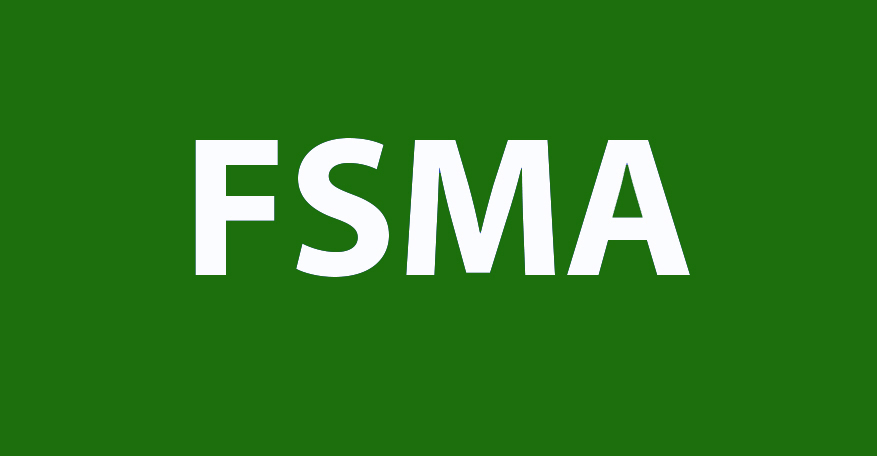In Part II of Food Safety Tech’s Q&A with Kathy Wybourn, Director Food & Beverage, USA & Canada at DNV-GL, we discuss FSMA preparedness and alignments of the regulation with GFSI.
Food Safety Tech: Now that we’re in the compliance phase, how prepared are food companies to meet FSMA requirements?
Read Part I: Embracing Big Data as an Asset to Your CompanyKathy Wybourn: It depends. Food companies must want to stay informed and make the necessary changes. What is critical in this change is the resources and organization, and not the size of a company. We still see large companies that are not ready for FSMA, same as with smaller companies. It comes down to what they have done proactively to keep up with the regulations, understanding the preventive pieces of that and the shift within their organization.
There are two pieces: It’s about being informed, plus the company’s culture for change. It comes down to management commitment. If you don’t have the management commitment to move an organization to being compliant with FSMA, you can be informed, but the culture isn’t there to support it.
FST: GFSI recently released Version 7.1 to incorporate more harmonization with FSMA. Any thoughts on this new version?
Wybourn: I was in the Technical Work Group for Version 7 guidance document. Adding in the food fraud and food defense components, and the new 7.1 Version brings the GFSI benchmark document closer to FSMA around suppliers and the use of non-approved suppliers.
It puts more requirements on the food manufacturer if they have supplier problems. For example, if there’s an interruption in the supply of a critical ingredient and you don’t have another supplier that’s going through the preventive hazard. It’s very important to know how to follow the requirements around non-approved suppliers. It all fits with the bigger picture of supply chain risks and transferring risks from a supplier (those things you don’t know about), understanding your suppliers and having a contingency plan. And if you don’t have that formal approval through your system, what are the requirements around using a non-approved supplier.
FST: How can the BRC FSMA Readiness Module help food companies with the Preventive Controls rule?
Wybourn: If you’re a BRC-certified site, it gives you guidance on what is needed to be FSMA ready. BRC benchmarked and identified what was missing in the standard and created a module that minimizes the gap. It gives you guidance and reference to the actual CFR and explains what’s needed.




